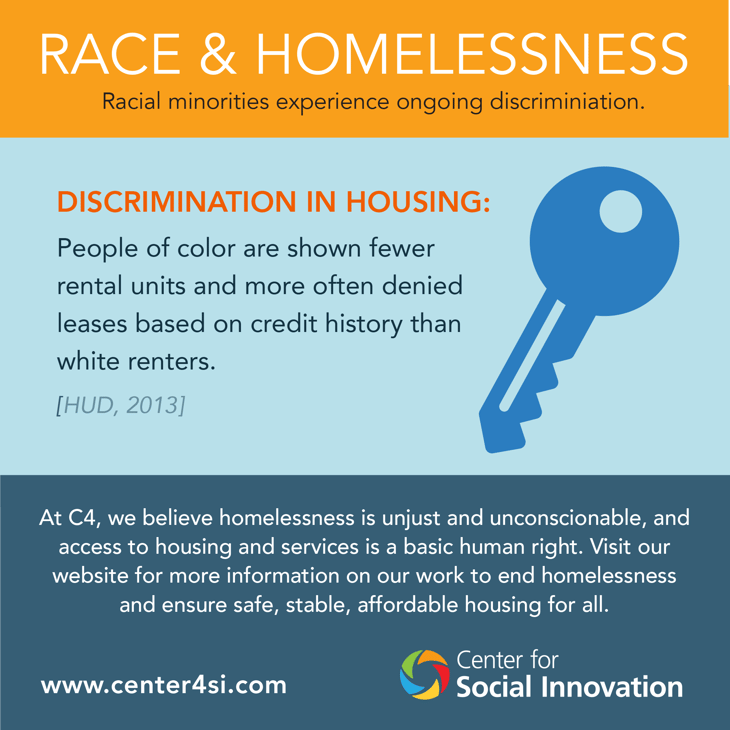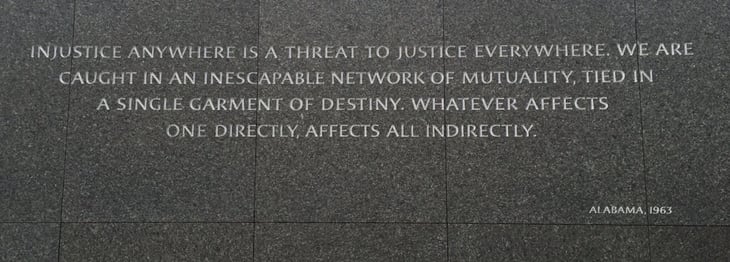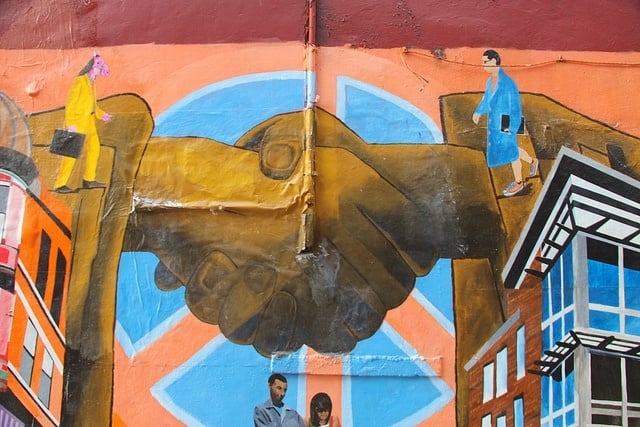Our national consciousness has shifted in recent years from “managing homelessness” to “ending homelessness.” Federal, state, and local policies have focused on specific subgroups, such as veterans, people experiencing “chronic homelessness,” and, more recently, families and youth. In many communities, these efforts have been useful in bringing together new partners, galvanizing public and private support, and shaping public awareness of what it takes to end homelessness.
Jeff Olivet

Recent Posts

When I began working with people experiencing homelessness more than two decades ago, I viewed homelessness as an isolated social issue. I, like many, thought that the causes of homelessness had to do with unemployment, mental illness, addiction, and domestic violence. What I quickly learned—in large part from the people I worked with in shelters and on the streets—was that individual vulnerabilities were not root causes. These were individual risk factors that helped determine who might slip through the cracks into homelessness. The root causes had more to do with the lack of decent affordable housing and our frayed (or non-existent) health and human services safety net. I came to understand that ending homelessness for an individual or family requires permanent housing coupled with services and supports to maintain stability.
03/9/17 02:12 PM | Jeff Olivet | Race, Homelessness
Read More
The United States faces a deeply troublesome, maddeningly persistent racial gap in income and wealth -- a gap that is growing, not shrinking. According to McKernan and colleagues at the Urban Institute, the income ratio between whites and blacks is approximately 2:1, a number that has remained essentially unchanged over the past three decades. More troublesome is the 6:1 wealth ratio between whites and blacks. This suggests that white privilege dominates and results in greater financial prosperity for whites, while leaving black families and individuals out of the nation's economic growth and recovery.
01/16/16 02:33 PM | Jeff Olivet | Race, Homelessness
Read More
Homelessness is not a social issue. It is not a research question to be studied. And it is certainly not a type of person: someone who ends up on the streets through a series of bad choices or personal flaws. Instead, homelessness mirrors everything that is broken in our society. It reflects our biases, our meanness, our lack of compassion and our views of each other as fellow human beings.
01/16/16 02:31 PM | Jeff Olivet | Race, Homelessness
Read More






